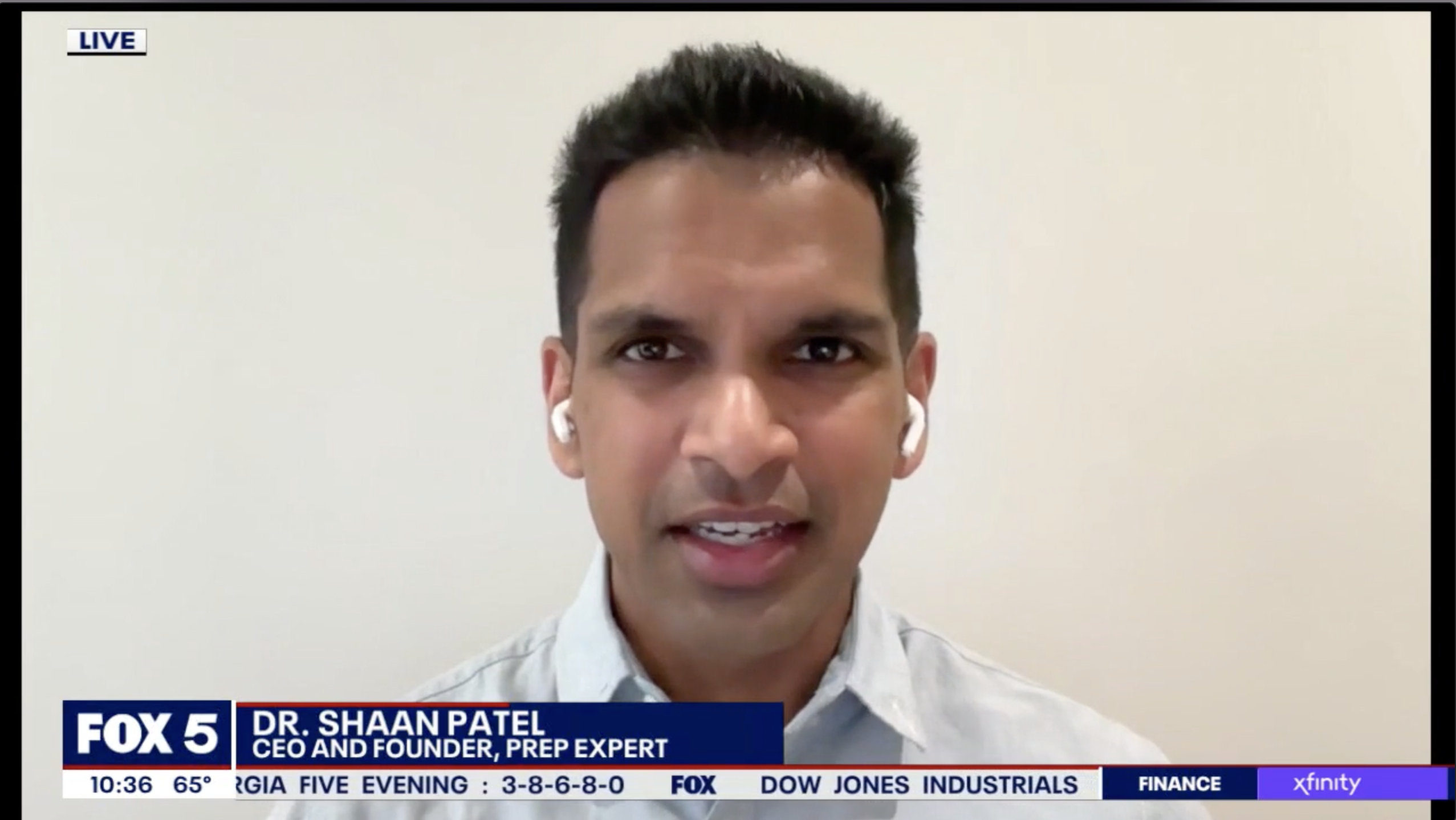Why High-Achievers THRIVE During Recessions: Here’s What They Know That Others Don’t
The word “recession” sends shivers down the spine of many Americans, especially in the wake of recent economic volatility. But while concerns about a recession are understandable, they are often overblown. As someone who has built and scaled a successful education company, Prep Expert, during both booming markets and downturns, I believe recessions are not only survivable but also present incredible opportunities for those who approach them with the right mindset. Here’s why you shouldn’t be afraid of a recession—and how to seize opportunities others miss.
1. The Average Recession Only Lasts 11 Months—Don’t Panic, Prepare
Historically, recessions in the United States have been relatively short-lived. According to the National Bureau of Economic Research (NBER), the average recession since World War II has lasted approximately 11 months. Compare that to the average expansion period, which typically spans around 58 months. Recessions are brief blips in the grand scheme of economic cycles. Knowing this helps keep things in perspective—this too shall pass.
Additionally, the recession-recovery pattern demonstrates resilience. The United States has gone through approximately 12 recessions since World War II, each followed by periods of substantial growth. For example, the economy rebounded robustly following the 2008 financial crisis, achieving annual GDP growth rates exceeding 3% by 2015. Even the COVID-19 induced recession in 2020 was one of the shortest on record, lasting only two months according to NBER.
2. More Millionaires Are Made During Recessions—Now Is Your Chance
Recessions are often the breeding ground for great wealth creation. Many of the world’s most successful entrepreneurs and investors have built fortunes during downturns. During recessions, assets are discounted, competition thins, and innovation thrives. Think about companies like Uber, Airbnb, and Slack—all of which were founded during or immediately following the Great Recession of 2008. Those who have the vision to capitalize on these opportunities are often rewarded handsomely.
A study from Fidelity Investments found that 88% of millionaires built their wealth through self-made efforts, with a substantial portion of that wealth accumulated during times of economic downturn. Furthermore, during the COVID-19 pandemic, billionaires saw their wealth increase by over $5 trillion, according to Oxfam. Economic turbulence often shifts resources to the most adaptable and innovative.
3. High-Achievers Will Thrive—Here’s Why
Recessions are challenging, but those who consistently strive for excellence tend to weather economic storms better than others. Hard work, talent, adaptability, and resilience—core tenets of a meritocracy—are valuable traits regardless of economic conditions. The truth is, people who excel and continue to innovate will often find themselves in demand even during downturns. In fact, companies often double down on efficiency and productivity, which means the most talented and driven individuals remain highly valuable.
According to a 2023 McKinsey study, high-performing employees are nearly twice as likely to remain employed during recessions compared to their peers. Employers, faced with tightening budgets, prioritize retaining those who demonstrate tangible results and value.
4. AI & Productivity Gains Are Creating New Opportunities—Embrace Them
Despite economic concerns, technological advancements continue to accelerate. Artificial intelligence and productivity-enhancing tools are revolutionizing industries across the board. Companies that leverage these tools effectively are able to scale faster, reduce costs, and create new markets. For merit-achievers who embrace AI and other technological advancements, the opportunities are endless. This technological progress is a buffer against economic slowdowns.
The global AI market was valued at over $150 billion in 2024 and is expected to grow at a compound annual growth rate (CAGR) of 35% from 2025 to 2030. Companies that adopt AI technologies to improve efficiency and productivity are likely to experience growth even amid broader economic downturns.
Additionally, remote work—boosted by AI tools—has created new possibilities for productivity and innovation, allowing businesses to expand their reach without geographic limitations. Those who are able to harness these technologies will thrive even in challenging economic environments.
5. Market Declines = Golden Investment Opportunities
Anytime the stock market drops as sharply as it has recently, it presents a golden opportunity for long-term investors. Historically, steep market declines have been followed by strong recoveries. For example, after the 2008 financial crisis, the S&P 500 doubled in value over the next five years. Similarly, following the market plunge during the COVID-19 pandemic in 2020, the market saw extraordinary gains in the subsequent 12 months.
According to historical data, the S&P 500’s average 12-month return following a drop of 20% or more is approximately 24%. Even more impressive, the average 5-year return following such declines is over 75%. Investors who remain patient during downturns are often rewarded handsomely.
Additionally, Warren Buffett—widely regarded as one of the greatest investors of all time—has repeatedly stated that recessions are the best times to invest. His famous quote, “Be fearful when others are greedy and greedy when others are fearful,” applies directly to moments like these.
6. The Resilience of the U.S. Economy—It Always Bounces Back
It’s important to remember that fear is not a strategy. Those who excel and continue to learn, innovate, and seize opportunities will thrive regardless of the broader economic climate. Recessions are temporary, but the skills, investments, and networks you build during them can yield permanent benefits. Rather than fearing what might happen, prepare yourself to capitalize on the opportunities that will arise.
The U.S. economy has consistently shown resilience and an ability to rebound from downturns. The Great Depression, the Oil Crisis of the 1970s, the Dot-Com Bubble, the 2008 Financial Crisis—all were followed by periods of remarkable growth. The same will be true this time around. The economy will rebound—it always has, and it always will. The question is: will you be prepared to seize the opportunities when it does?
Dr. Shaan Patel, MD, MBA is the Founder & CEO of Prep Expert, a Shark Tank Winner, a #1 bestselling author, and a board-certified dermatologist.
Written by Dr. Shaan Patel MD MBA
Prep Expert Founder & CEO
Shark Tank Winner, Perfect SAT Scorer, Dermatologist, & #1 Bestselling AuthorMore from Dr. Shaan Patel MD MBA

Does Where You Go To College Matter?
For students starting the college search, thinking about where to go to school can be a truly daunting task. After…

ABC News TV Interview With Dr. Shaan Patel
Harvard’s Free Tuition for Middle-Income Families: A Bold Move—and a New Era in College AffordabilityBy Dr. Shaan Patel, CEO &…

FOX 5 INTERVIEW WITH DR. SHAAN PATEL
Choosing the Right College: What Actually Matters MostBy Dr. Shaan Patel, CEO & Founder of Prep Expert For high school…